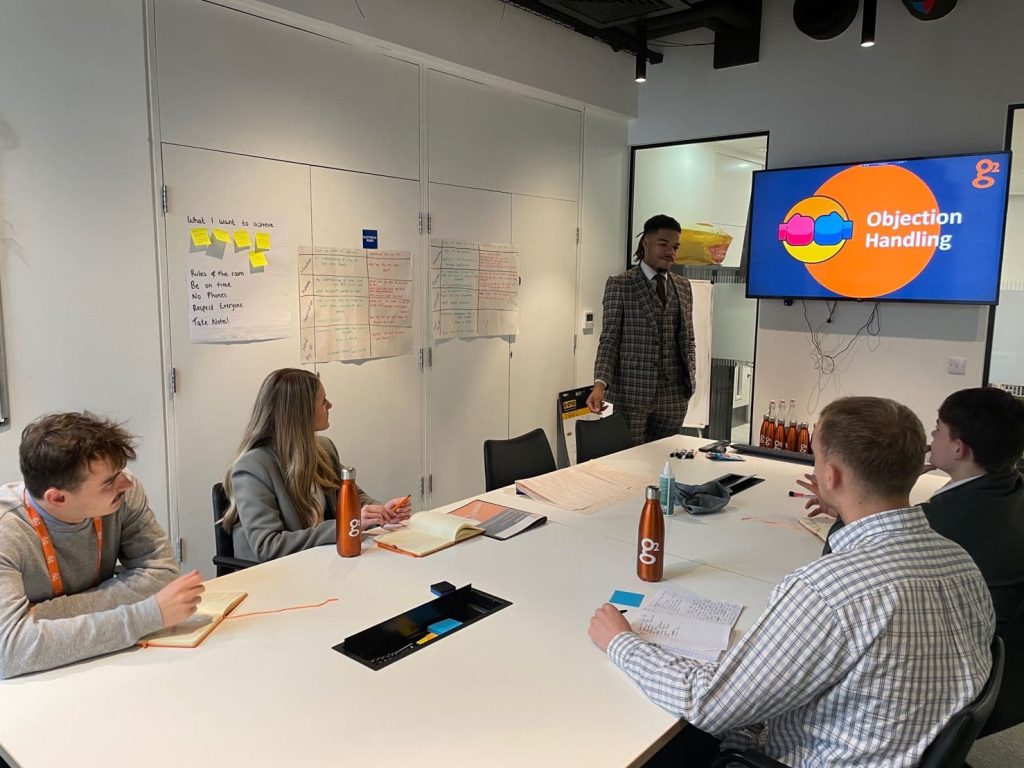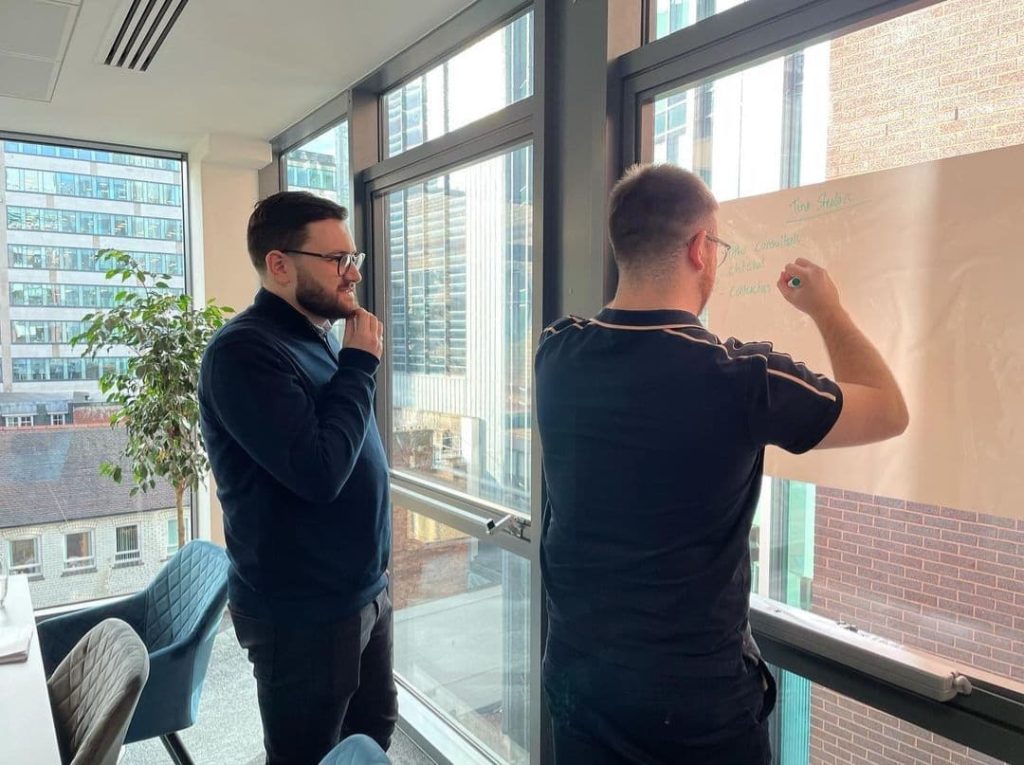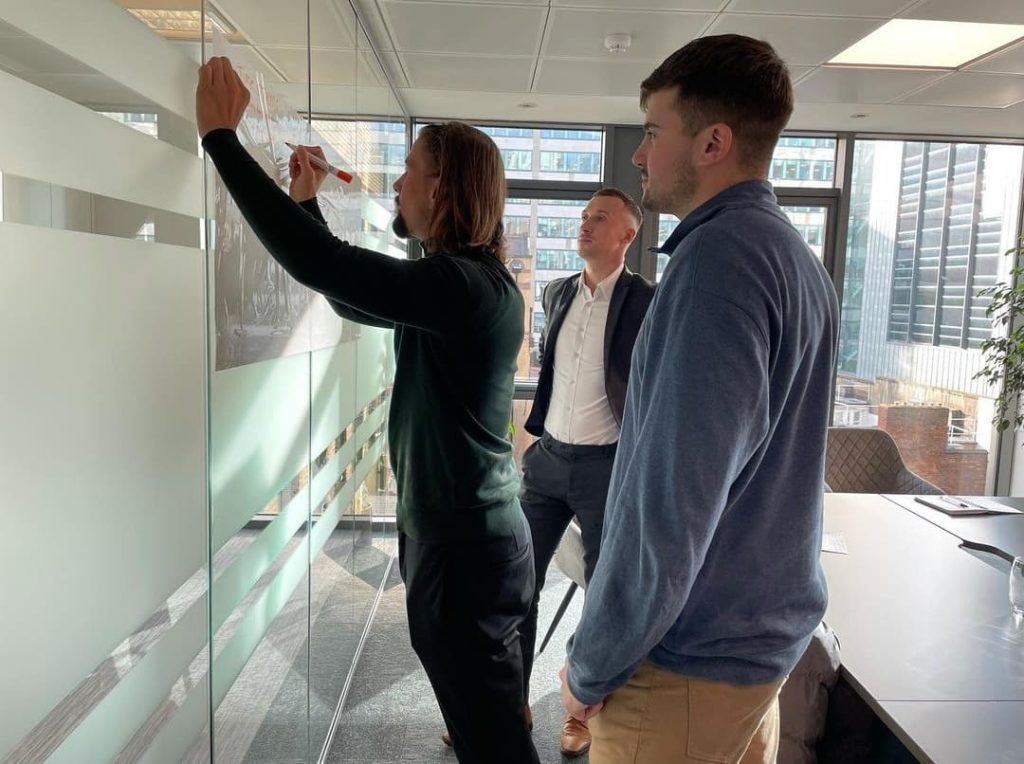Hiring processes require a fast, efficient approach. Innovative recruiters understand the need for speed when sourcing eligible candidates for their clients and are now using tangible data and facts to pinpoint recruits. Spearheaded by analytical technology and data, recruitment is undergoing changes and is abandoning outdated hiring techniques and requirements.
So, do cover letters still have a part to play in this?
Cover letters have always been a daunting, time-consuming part of the application process. Many candidates spend hours constructing an in-depth monologue of self-promotion, attempting to sell themselves to hiring managers and ‘stand out from the crowd’. Truthfully, the hours spent composing these letters could be considered unnecessary, maybe even wasteful; time may be better spent developing a concise and informative C.V.
As quoted by HubSpot, ‘With over 250 applicants, on average, applying for a single job posting, cover letters no longer align with the pace and scale of the current hiring market’. HubSpot, January 2023
Data-driven hiring techniques are leading the way
Data-driven recruitment tactics are a by-product of the fast-paced hiring market and have been implemented into modern hiring strategies. These tactics include using advanced CRM systems to handle data efficiently, segmenting C. Vs by location, industry, and skill sets, allowing recruiters to make more objective hiring decisions.
As a vast quantity of applicants are processed through CRM systems or uploaded onto client portals, a cover letter is more than likely to fall through the net and not be acknowledge as much as a well structed C.V.
‘Jobvite’s annual Talent Acquisition Report revealed that 60% of recruiters found cover letters to be the least important factor in deciding if candidates were a good fit for their company. And, anecdotally, the same percentage reported not reading them at all.’ – HubSpot, January 2023
The recruiter’s perspective
There is always a fear of ‘selling yourself short’ by not including a cover letter of such in your initial application. A solution to this is creating a concise, short bio, with the help of a recruiter, to show your interest in the role and understanding of the client’s requirements. This bio should include an understanding of the company’s business model and values and explain how you are positioned to add real value to their organisation. A recruiter will grasp first-hand how to communicate this and provide invaluable insight.
“Recruiters should aim to be market experts, with a deep understanding of a client’s requirements. A short bio should be created by the recruiter confirming how a potential candidate matches their requirements, both on a personal and professional basis” – Otis French-Sanders, Sales Manager, g2 Recruitment
An effective recruiter will understand their client’s requirements and therefore be able to advise best when a cover letter is needed if it is required at all.
Cover letters haven’t quite yet expired
Sometimes, cover letters cannot be avoided. Especially at specific points in the hiring process. When a client is torn between candidates, they may request a cover letter to further explain certain factors of a C.V. When this is required, collaborate with a recruiter to understand what is needed from the cover letter and how it can help fill in gaps, seal the deal and secure the desired role.
In short, though recent times indicate the inevitable end to the tedious task of writing a cover letter, for now, they may not be so easily avoided. Best practice would be to ensure you have a template readily available for circumstances where they may be needed. Communication with a recruitment specialist is also key to securing that desired role. As stated above, they understand the process, ensuring time is allocated efficiently and effectively.
G2 Recruitment provide specialist consultants to help with the above, contact us today for more information.






